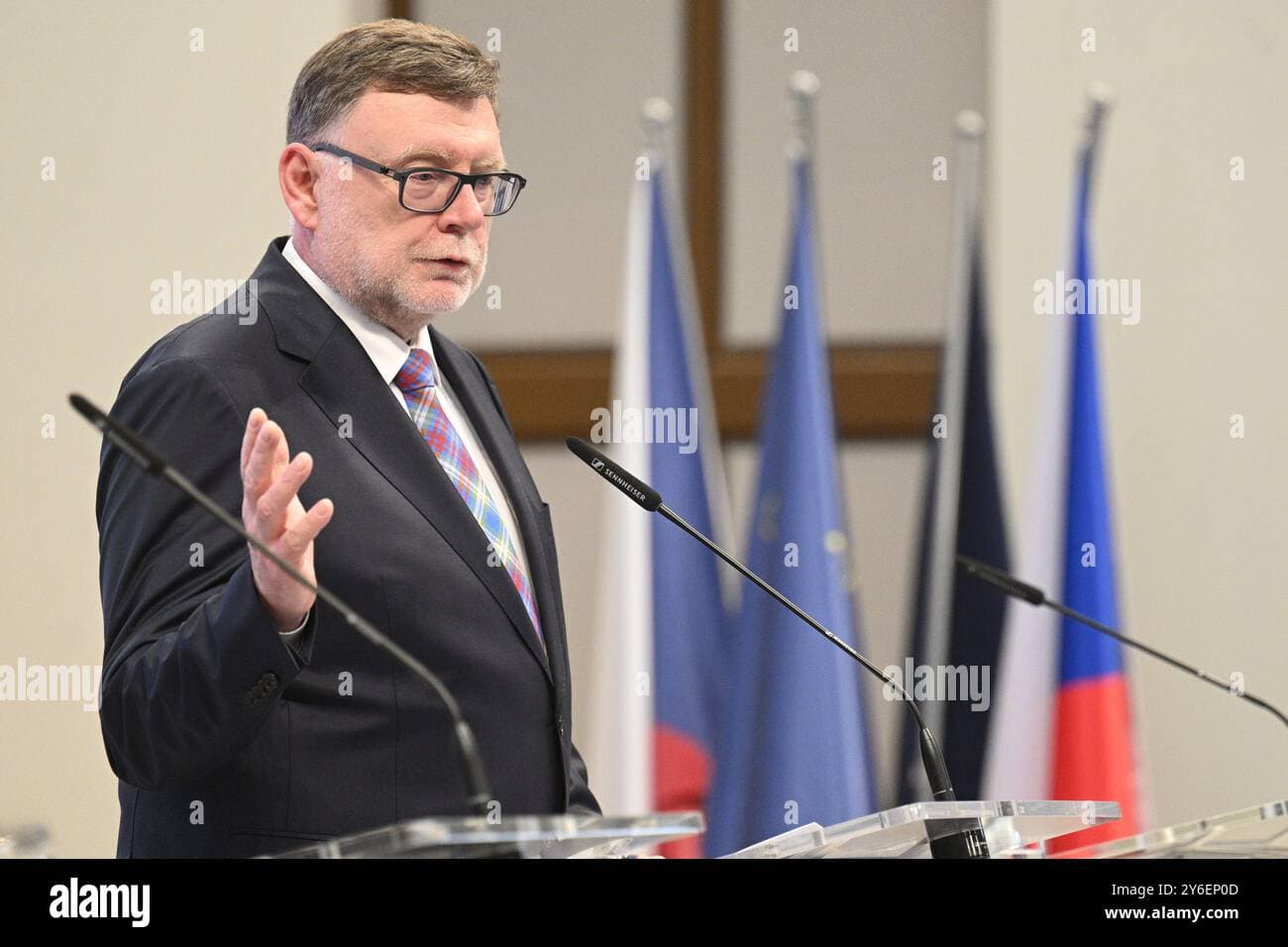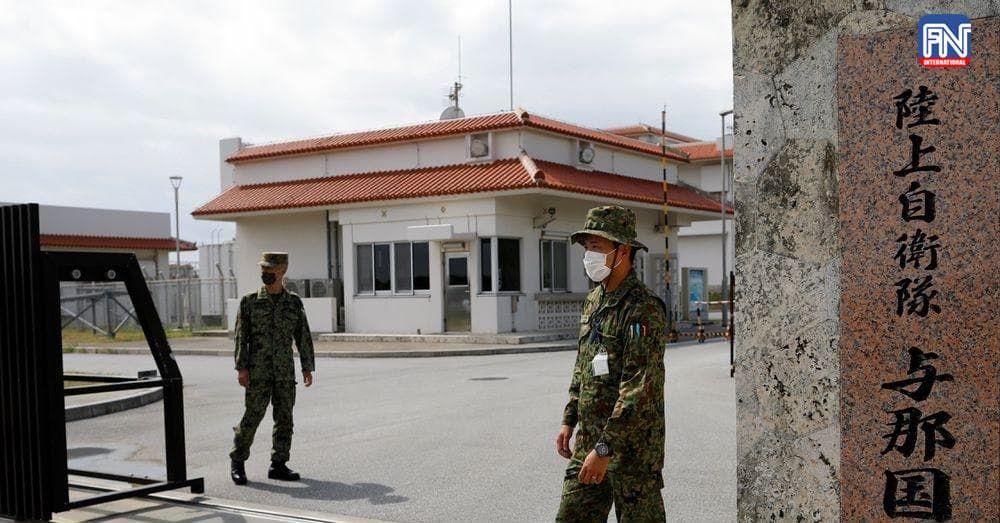Czech 2026 Budget Stalls as Incoming Coalition Demands Bigger Deficit
The Czech Republic's 2026 budget ran into a political impasse on Nov. 24 after the likely incoming government led by Andrej Babiš’ ANO party and prospective coalition partners rejected the outgoing cabinet’s draft. The dispute raises the prospect of a provisional budget at the start of 2026, capping monthly spending and complicating the new administration’s plans at a sensitive moment for EU fiscal oversight and regional stability.

The lower house of the Czech parliament faces a clash over the 2026 budget after the coalition set to take power signaled it would vote against the draft prepared by the outgoing cabinet. The incoming grouping, led by the ANO party of Andrej Babiš and its prospective partners, argued that the published plan underestimates necessary spending and asked lawmakers to refuse approval and demand a resubmitted proposal, potentially with a larger deficit.
Parliamentary rejection of the draft would push Prague into a provisional budget arrangement at the start of next year. Under that scenario monthly spending would be capped at portions of the previous year’s allocations. The temporary framework would preserve essential functions of the state, but it would slow or block many of the policy initiatives the incoming government has promised during the campaign. Investments, new social programs and planned administrative changes are all likely to face delay if the stalemate continues.
The dispute underscores the friction between an outgoing administration seeking fiscal continuity and an incoming coalition asserting its right to shape spending priorities. That tension is intensified by Czech obligations as a European Union member. Any move to increase the deficit will be watched closely in Brussels, which monitors national budgets under EU fiscal governance. Prague’s choices will be evaluated against European rules designed to limit excessive deficits while allowing for cyclical flexibility in exceptional circumstances.
Financial markets will also be sensitive to the outcome. A prolonged impasse could raise questions about the new government’s capacity to govern effectively during its first months and could complicate borrowing plans for domestic projects and infrastructure. For businesses and households, uncertainty about public investment schedules and social spending could translate into postponed decisions and slower growth at a time when Central Europe faces multiple geopolitical pressures.
The political calculus in Prague is complicated by electoral promises and coalition dynamics. ANO and its partners are seeking space to deliver immediate priorities. The outgoing cabinet, accountable for the draft now before parliament, contends that fiscal discipline and continuity are necessary to meet medium term obligations and to maintain credibility with European partners. The choice whether to approve, reject, or insist on revision will reflect not only budgetary arithmetic but also the balance of power as the new government prepares to assume office.
Diplomatically, the budget fight is a test of how transitions are managed in European democracies where coalition building is central to governance. Neighbouring countries and EU institutions will be alert to the signals Prague sends about fiscal responsibility and policy direction. If the parties can negotiate a revised plan that reconciles programmatic ambitions with fiscal constraints, the impasse could be short lived. If not, a provisional start to 2026 will leave the new government constrained just as it tries to establish its agenda on the domestic and international stage.


